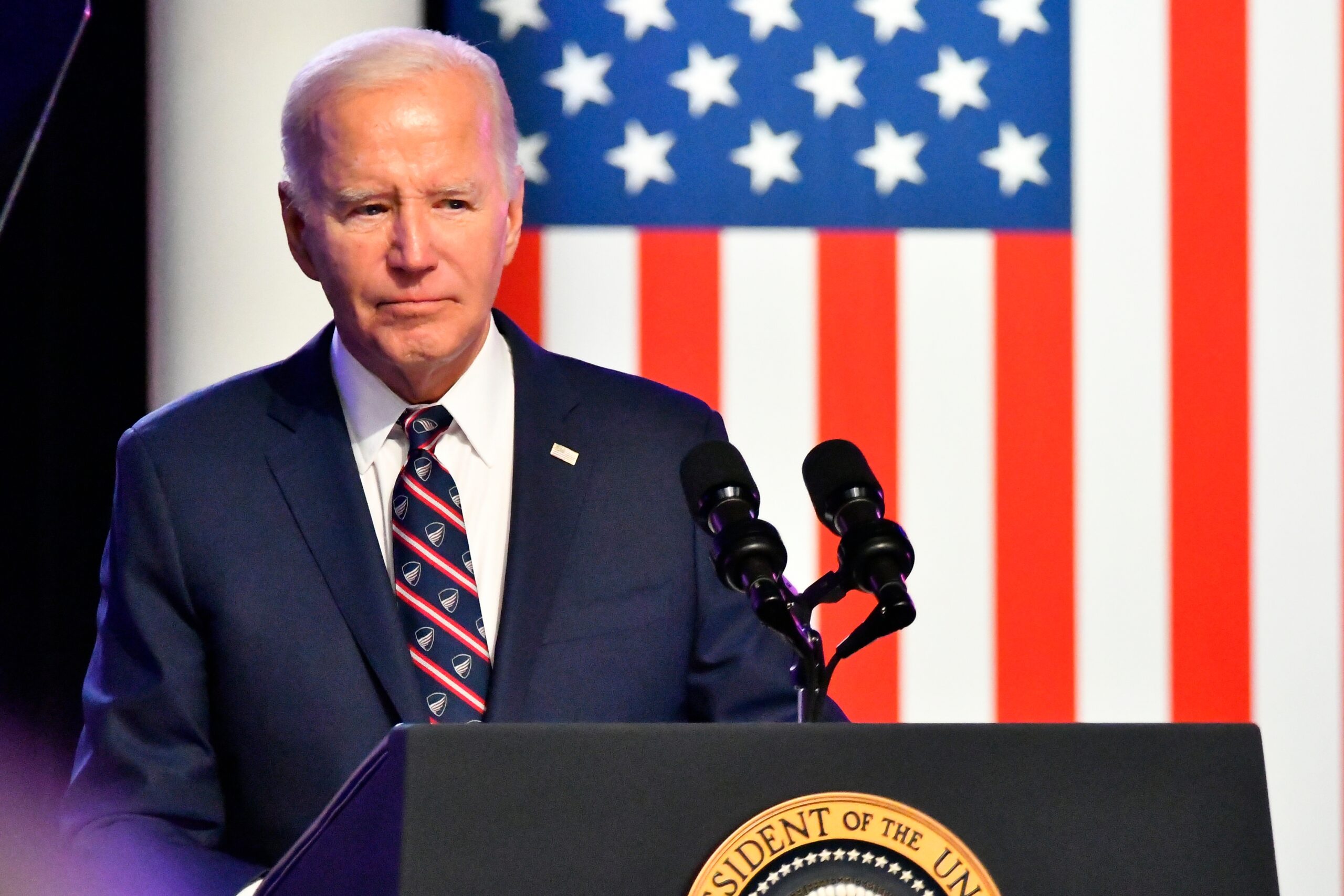President Trump unveils a plan to pay undocumented migrants for voluntary departure, with a potential path to return legally.
At a Glance
- Trump proposes a self-deportation program offering financial stipends and airfare to illegal immigrants who leave voluntarily
- The plan prioritizes deportation of criminals while creating pathways for “good” migrants to return legally
- Nearly one million migrants have been warned to self-deport or face potential permanent reentry bansThe Department of Homeland
- Security has updated the CBP One app to facilitate self-deportation announcements
- Trump emphasized the importance of migrant workers for agriculture and hospitality industries
Financial Incentives for Self-Deportation
President Donald Trump has introduced a new approach to the border crisis by offering financial compensation to undocumented immigrants who voluntarily leave the United States. The proposal includes providing departing migrants with monetary stipends and airplane tickets to return to their home countries. This initiative represents a significant shift in immigration enforcement strategy, focusing on incentivizing self-deportation rather than solely relying on forced removals.
The plan comes as the administration faces mounting pressure to address the ongoing border situation. Trump did not specify the exact amount of financial assistance that would be provided or when the program would be implemented. However, he emphasized that this approach would make the deportation process more comfortable for migrants who cooperate with authorities while simultaneously addressing national security concerns.
Prioritizing Criminal Deportations
The Trump administration has clarified that the deportation efforts will focus primarily on removing individuals with criminal backgrounds. This strategy aims to swiftly remove dangerous elements from American communities while creating opportunities for law-abiding migrants who have contributed positively to the country. The Department of Homeland Security has already begun issuing formal termination notices to nearly one million migrants, warning of potential permanent reentry bans for those who fail to comply.
The updated CBP One application now allows migrants to announce their intentions to self-deport, streamlining the process and potentially giving those individuals priority consideration for legal return. This technological adaptation represents part of a broader effort to modernize immigration processes while maintaining stronger border controls. Officials report that those using official channels for departure may receive preferential treatment when applying for legal reentry.
Pathway to Legal Return
A key element of Trump’s proposal is the potential pathway for certain migrants to return to the United States legally after self-deportation. The plan suggests that individuals who voluntarily leave and have skills needed in American industries could be prioritized for legal immigration opportunities. This approach acknowledges the important role that migrant workers play in sectors such as agriculture and hospitality, where labor shortages have created ongoing challenges.
Trump has specifically mentioned the desire to help hotels, farms, and other industries find necessary workers through a recommendation system. This component of the plan aims to balance stricter immigration enforcement with economic pragmatism, recognizing that many undocumented workers fill crucial gaps in the American workforce. The administration suggests this could help maintain economic stability while implementing stronger border security measures.
Implementation Challenges
Despite the announcement of the self-deportation program, significant questions remain about implementation details, including funding sources, eligibility criteria, and verification methods. The administration has not specified how it will determine which migrants qualify as “good” candidates for potential legal return or how long the process might take. These uncertainties create challenges for affected families who must decide whether to participate in the voluntary program.
The proposal comes amid criticism of recent deportations to El Salvador, where concerns about prison conditions have raised humanitarian questions. As the administration works to develop the program’s infrastructure, immigration advocates and critics alike are watching closely to see how the balance between enforcement and compassion will manifest in actual policy. The success of the initiative will likely depend on both its administrative execution and how well it addresses the complex realities of mixed-status families and communities.







